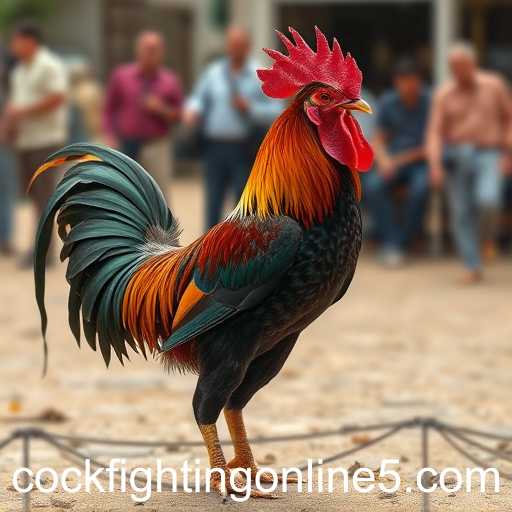Exploring the controversial surge of virtual cockfighting in online gaming.
In recent years, the digital landscape has been transformed by a wide array of simulation games that mirror reality in uncanny detail. Among the most controversial of these is the emergence of virtual cockfighting platforms. While traditionally a bloodsport banned in many countries for its cruelty, the practice has found a curious reincarnation within the virtual realm.
The allure of cockfighting online lies in its ability to simulate an age-old tradition without the ethical and legal complications associated with real animal cruelty. Developers argue that these games offer historical and cultural insights while engaging users in strategic gameplay. However, the controversy is far from settled as animal rights activists express concern that even virtual representations could desensitize players to real-life animal welfare issues.
Reports indicate that the virtual cockfighting industry has seen exponential growth. This can be traced back to the integration of modern technologies such as virtual reality and artificial intelligence, enhancing the gaming experience and making it more immersive than ever before. With more sophisticated AI-driven game characters, players are faced with realistic challenges in breeding, training, and pitting their roosters against competitors.
The gaming industry, ever adaptive to current trends, has taken note of the popularized online forums dedicated to discussing tactics and sharing experiences on these platforms. Tickling both curiosity and controversy, these gatherings reveal the dynamic social interactions the game fosters, yet they also remind us of the fraught context from which this virtual sport emerges.
As digital cockfighting continues to gain a following, questions loom about the implications of its popularity. Will the normalization of such a game influence attitudes toward real-world animal sports, or will it remain an anomaly—a harmless escapade within the liberties of the virtual world? With no clear answers, the debate persists, challenging us to reconcile cultural heritage with modern ethical standards.




